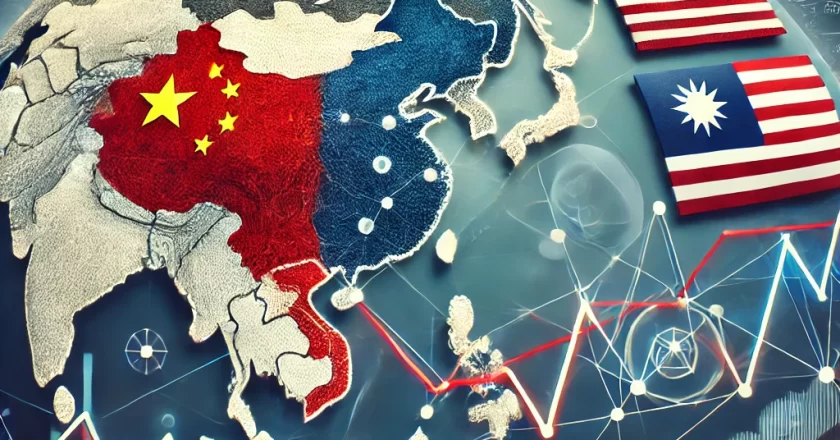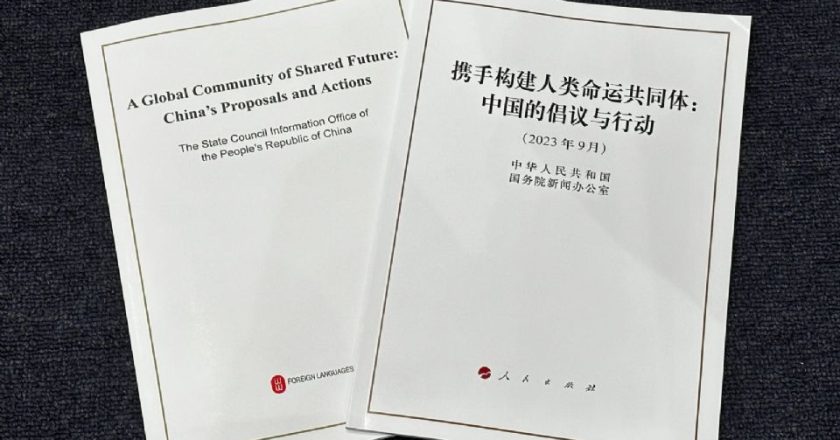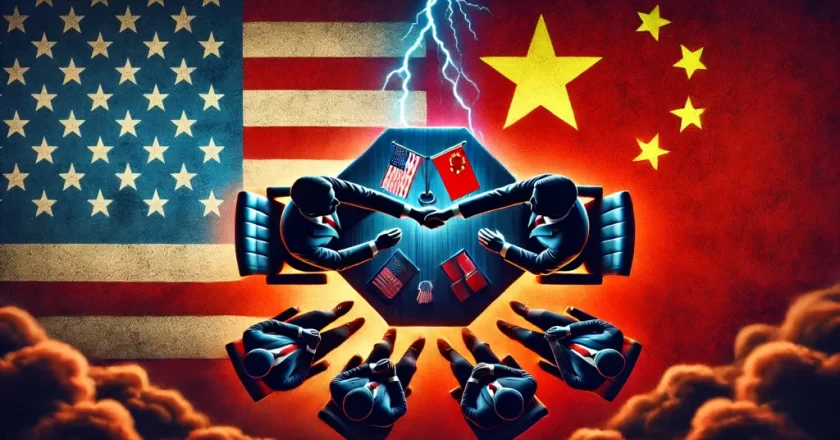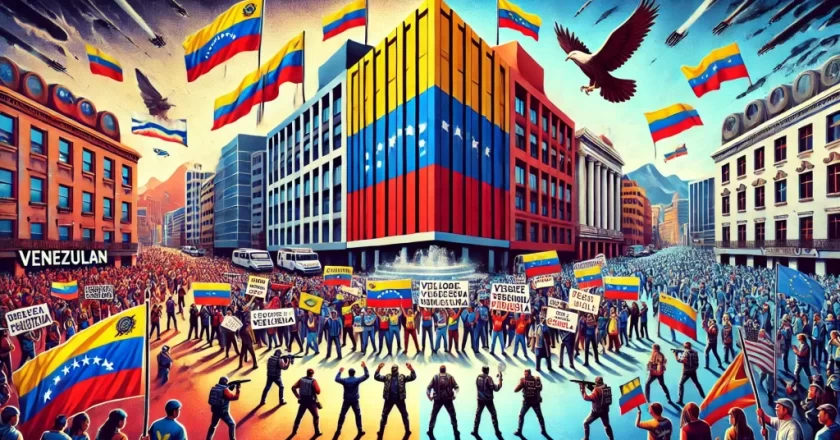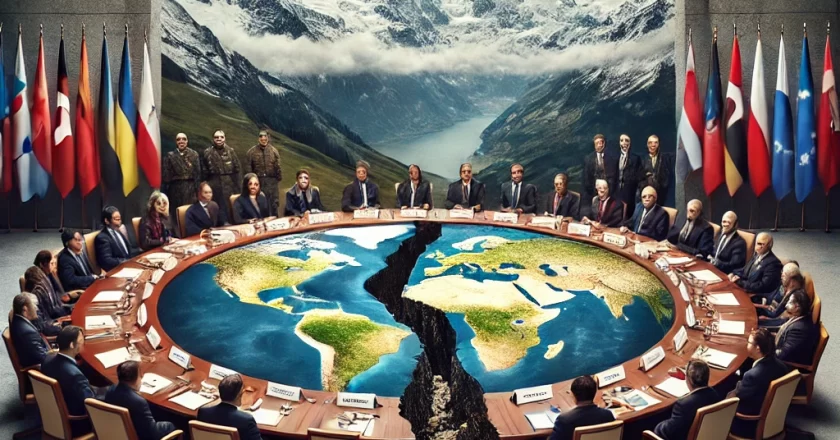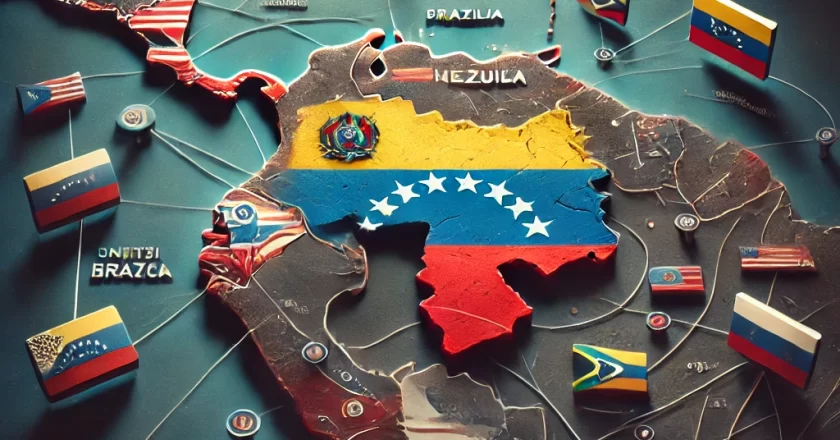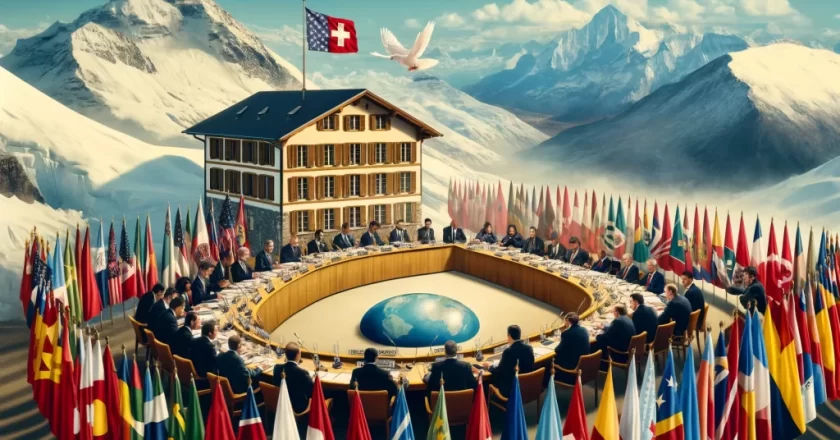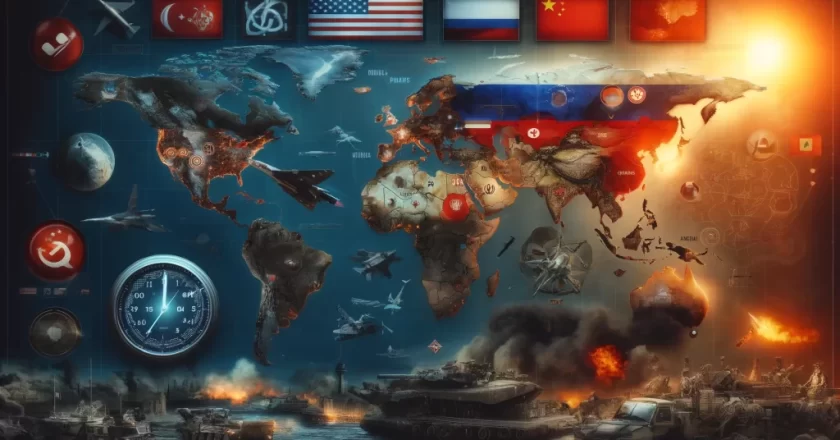Western relationship, China e Taiwan: approach using econometrics to assess tensions
1 INTRODUCTION
Republic of China (RDC) ou Taiwan, is an island located at 200 km from the People's Republic of China (RPC), with independent government and being recognized as a country by 20 nations in the world (BARBOSA, JUNIOR from SATUR, 2016). A RPC, watch the island, as a rebel province that is part of its territory (VLADIMIR IVANOV, 2022). Russia's occupation of Ukraine, in 24 February 2022, with tacit support from China to the Russian invasion, sustained in the international system, speculation about Beijing's intentions with Taiwan (YEUNG, GAN e JIANG, 2022). For example, Thaddeus (2022) states that China's abstention from voting in the United Nations Security Council (HIM-HER-IT) na resolução de crí...

